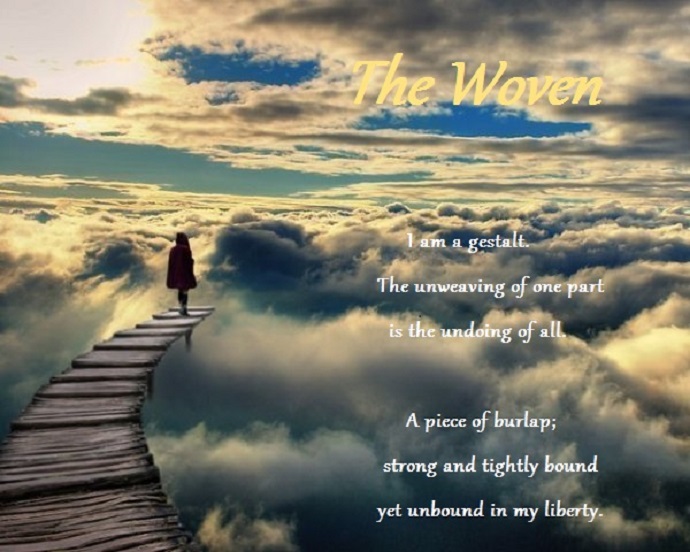”The success of the reformers was due in large part to the invention of the printing press, which not only helped to propagate the new ideas but also changed people's relationship to the text”.“The Case for God”, Karen Armstrong, pg. 171
”Printing helped to secularize the relationship of the reader to the truth that he was trying to acquire. In the past, the Church had – to an extent – been able to supervise the flow of ideas and information, but the proliferation of books and pamphlets after the middle of the sixteenth century made this censorship far more difficult. As the printed book began to replace oral methods of communication, the information it provided was depersonalized and, perhaps, became more fixed and less flexible than in the old days, when truth had developed in dynamic relation between master and pupil”. “The Case for God”, Karen Armstrong, pg. 172
Outside of the lack of control (which in and of itself isn't necessarily bad) it dehumanized the process; the human relationship of mentor-protégé was removed.
And as the technology advanced, the printed page itself became an icon of precision and exactitude, even shaping a certain mental outlook. A precursor to science. This cold Knowledge was more of a definite call sign of Modernity itself.
Macleans Magazine had listed the top 10 inventions of all time a few years back. The printing press made the list (as I believe it should). The Internet also made this list. Not everyone agreed however. The dissenters had claimed that the Internet didn't actually do anything new; it only did the same things but faster.
I think, at least certain aspects of the Internet did to the Postmodern day what the printing press did for the Reformation's Modernity.
Even less control, Anyone and everyone has their soapbox to preach from (and this most definitely includes this blog! Have you ever asked yourself what qualifications I do or do not have?)
The concept of Library and (real) Research has been near obliterated. The personal relationship of the Mentor and Protégé has been completely removed.
...maybe not removed; replaced possibly. With the advent of the printing press and the depersonalized exchange of information (data?) and zeal for Knowledge of Modernity, I believe what was lost via the removed of the human mentor-protégé relationship was Wisdom. And Wisdom cannot be learn from a book.
I very much like how The Tao of Pooh (Benjamin Hoff) makes the distinction between knowledge and wisdom.
”'From caring comes courage'. We might add that from it also comes wisdom. It's rather significant, we think, that those who have no compassion have no wisdom. Knowledge, yes; cleverness, maybe; wisdom, no. A clever mind is not a heart. Knowledge doesn't really care. Wisdom does”.
Now this is something the Internet, blog sites like this one and others, discussion forums and the like differ from. Although nothing is immune to the depersonalization of Knowledge over Wisdom, these environments are relational and interactive.
Where the printing press may have done away with the Mentor-Protégé system of learning, the Internet has – at least potentially – replaced it with a different system. Discussion, debate, argument even. The all powerful authority of the institution has been all but removed. Although there are challenges and pitfall present, if nothing else we have at least moved towards a people-focused paradigm again; we have re-embraced Relationship, even if it is in a imaginary cyberspace sort of way. (And please remember, Imagination and Make-believe are not the same things).















